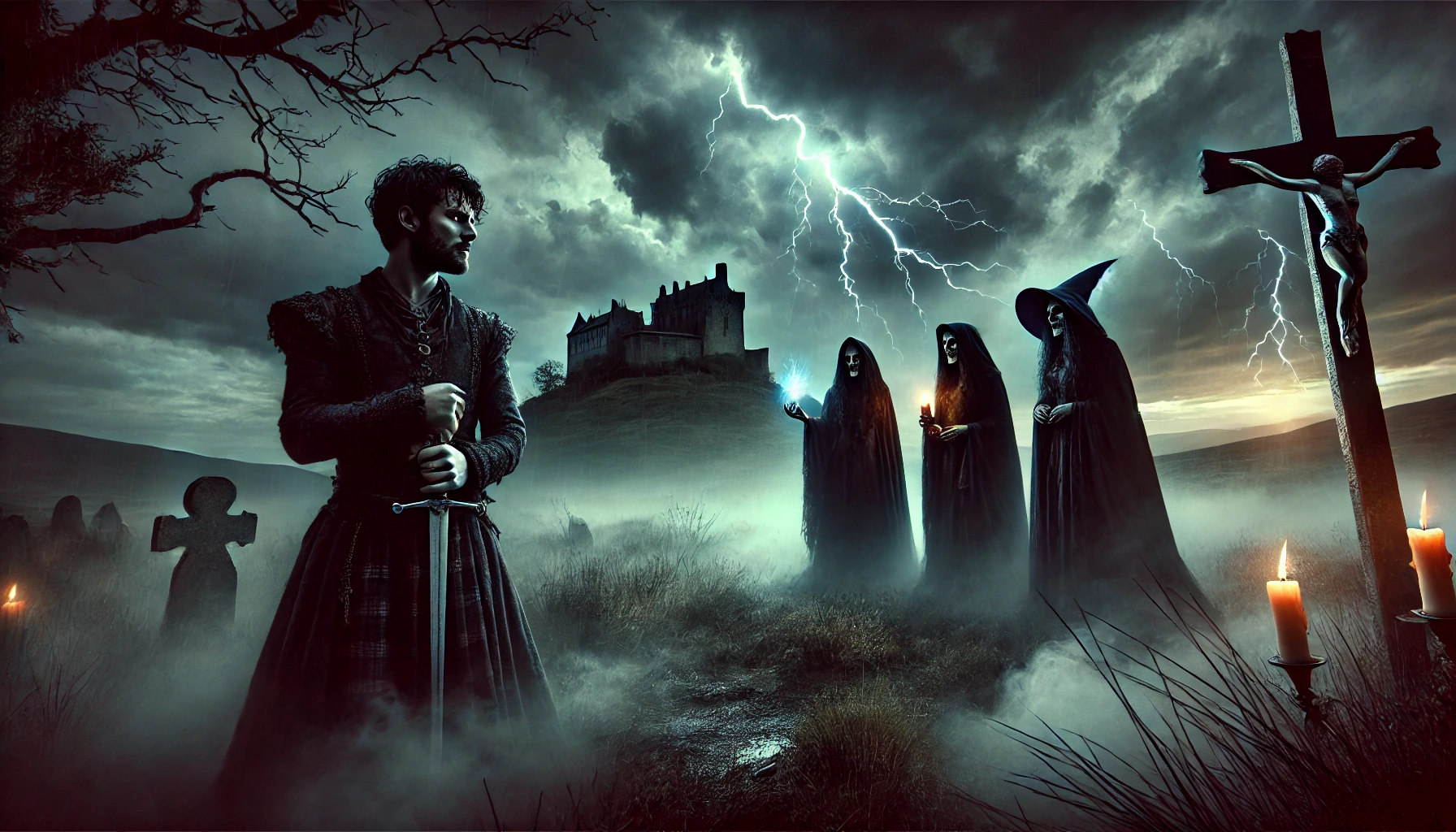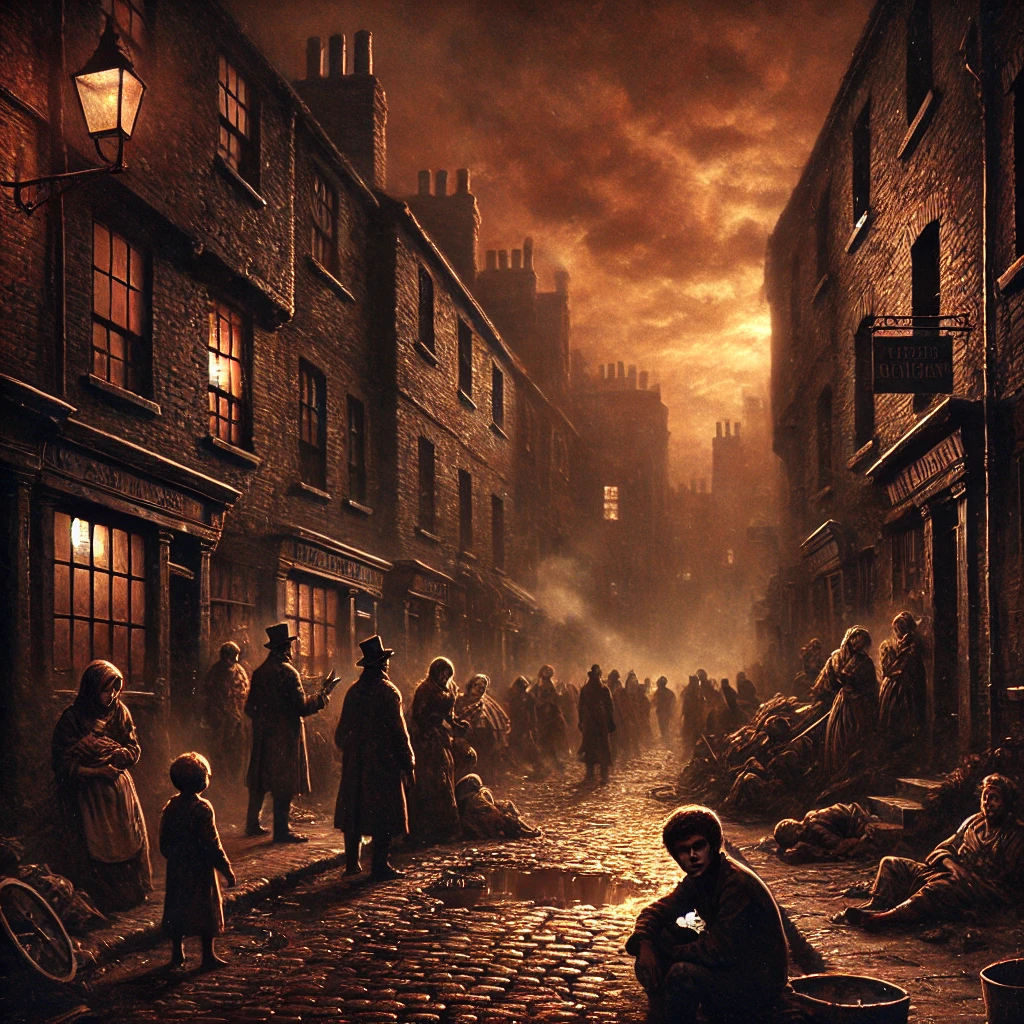Tender is the Night, written by F. Scott Fitzgerald and published in 1934, is a deeply personal and complex novel set primarily in the French Riviera during the late 1920s. It explores the rise and fall of Dick Diver, an American psychiatrist, and his wealthy, troubled wife Nicole, against the backdrop of a glamorous expatriate lifestyle. Drawing on Fitzgerald’s own experiences, including his troubled marriage and personal struggles, the novel reflects themes of mental illness, the destructive allure of wealth, and the fragility of human relationships. Tender is the Night is regarded as one of Fitzgerald’s finest works, showcasing his lyrical prose and sharp insight into human nature.
Plot Summary
On the sunny shores of the French Riviera, Rosemary Hoyt, a young, beautiful American actress, arrives at a grand rose-colored hotel with her mother. The luxurious, dazzling setting is filled with wealthy expatriates, and amidst them, Rosemary meets a charming and charismatic man named Dick Diver. Dick, along with his elegant wife Nicole, is the center of attention, commanding the social scene with ease and charm. Rosemary is immediately captivated by Dick’s magnetic presence, and the Divers, in turn, are intrigued by her innocence and beauty.
The Divers live a seemingly perfect life, surrounded by opulence and fascinating people. Dick is a brilliant psychiatrist, and Nicole, a wealthy heiress, seems to enjoy an enviable life by his side. As Rosemary is drawn deeper into their world, she finds herself falling in love with Dick. Though he initially resists her advances, the attraction between them simmers beneath the surface, complicating the dynamic of their friendship.
However, behind the Divers’ glamorous façade, dark secrets lurk. Nicole suffers from a mental illness—schizophrenia—rooted in a traumatic incident from her past. Her wealth has allowed her to receive the best care, and Dick, both as her husband and psychiatrist, plays a pivotal role in her recovery. But this relationship between healer and patient becomes a double-edged sword. While Nicole’s mental state gradually improves, the toll on Dick is profound.
As the years pass, the once-brilliant Dick begins to unravel. The weight of caring for Nicole, coupled with the temptations of wealth and indulgence, erodes his sense of purpose. His career, once full of promise, starts to crumble, and his dependence on alcohol grows. The same wealth that enabled the Divers to live a carefree, sun-soaked existence on the Riviera becomes a trap, insulating them from reality and gradually eroding Dick’s ambition and character. His initial grace and charm give way to bitterness and self-doubt.
Amidst this decline, Dick’s relationship with Nicole becomes increasingly strained. Nicole, recovering steadily from her illness, becomes more independent, and their marriage—once based on Dick’s role as her protector—starts to falter. Nicole no longer needs Dick in the same way, and she begins to see his weaknesses more clearly. Dick, feeling the shift in their relationship, grows distant and disillusioned.
Meanwhile, Rosemary’s infatuation with Dick remains, but the relationship between them never fully blossoms. Dick’s inner turmoil and devotion to Nicole prevent him from pursuing a deeper connection with Rosemary, though the temptation lingers. As Rosemary matures, she begins to see the cracks in Dick’s perfect exterior. The man she once idolized is now a shadow of his former self, and she realizes that the life he leads is far from the ideal she had imagined.
The cracks in the Divers’ marriage widen when Nicole embarks on an affair with Tommy Barban, a soldier and family friend. Tommy is everything Dick is not—decisive, passionate, and free from the weight of responsibility that has crushed Dick’s spirit. Nicole’s affair signals the final break in her marriage to Dick. While Dick had once been her savior, she no longer feels bound to him and is ready to reclaim her life on her own terms.
As Nicole grows stronger, Dick falls further into ruin. His professional reputation deteriorates, and his excessive drinking becomes more frequent. Once the vibrant leader of their social circle, he is now a burden to those around him. The people who once admired him now look upon him with pity or disdain, as his charm and vitality fade. Even his close friends begin to distance themselves, sensing that the man they had known is slipping away.
Nicole, now fully recovered, makes the painful decision to leave Dick. She marries Tommy, and together they start a new life, free from the burdens of the past. Nicole’s departure is the final blow to Dick’s already fragile state. The man who once seemed destined for greatness is now left alone, abandoned by the woman he sacrificed so much for, and isolated from the world that once adored him.
In the end, Dick returns to America, a broken and diminished figure. He drifts from place to place, his life a series of small, insignificant events. The promise he once held, the brilliance that had captivated so many, has vanished. While Nicole moves on to a new chapter in her life, Dick is left to wander aimlessly, a man whose best days are behind him, consumed by his lost potential and the choices that led to his downfall.
Through the rise and fall of Dick Diver, the shimmering world of wealth and beauty on the French Riviera is revealed to be as fragile and fleeting as the lives it contains. The Divers’ seemingly perfect existence unravels under the weight of their past, and the paradise they once inhabited becomes a prison from which neither can escape unscathed. In the end, it is the inexorable passage of time, combined with the crushing weight of wealth and responsibility, that undoes them both, leaving behind only the memories of what once was.
Main Characters
Dick Diver: A charismatic and talented psychiatrist, Dick starts the novel as an idealistic and admired man. His descent into disillusionment and self-destruction forms the emotional core of the narrative. His struggle to maintain control over his life, while also managing his wife Nicole’s mental illness, reflects the pressures he faces both personally and professionally.
Nicole Diver: Nicole is a wealthy heiress suffering from schizophrenia, and her marriage to Dick is both a source of her healing and his eventual downfall. Her character undergoes a transformation from a fragile, dependent woman to a more self-reliant individual, reflecting her gradual recovery as Dick loses his grip on his own life.
Rosemary Hoyt: A young American actress who becomes infatuated with Dick Diver. Her youthful beauty and naivety contrast sharply with the more complex and damaged characters around her, and her involvement with the Divers adds tension to the already strained marriage.
Tommy Barban: A soldier and lover of Nicole later in the novel, Tommy is depicted as a straightforward and passionate character. His affair with Nicole signifies her break from Dick and his world, symbolizing a shift in her personal independence.
Theme
The Decline of the American Dream: Much like The Great Gatsby, Tender is the Night portrays the failure of the American Dream, focusing on how wealth and success can lead to moral decay. Dick Diver’s initial promise and eventual downfall highlight the illusory nature of happiness through material success.
Mental Illness and its Impact: Nicole’s schizophrenia and its effect on both her and Dick’s lives form a major thread in the story. Fitzgerald explores the emotional toll mental illness takes on relationships, and how Dick’s role as both husband and caregiver to Nicole gradually destroys him.
The Corrosive Nature of Wealth: Throughout the novel, wealth is depicted as both a protective and destructive force. The Divers’ wealth isolates them from the realities of life, creating a false sense of security that ultimately contributes to their emotional and moral disintegration.
Time and Change: The passage of time and its effect on the characters is a recurring motif. The novel spans several years, and as time progresses, the characters—particularly Dick—are unable to adapt to the changes in their lives, leading to a sense of loss and inevitability.
Writing Style and Tone
Fitzgerald’s writing in Tender is the Night is marked by its lyrical beauty and attention to psychological detail. His prose is both poetic and introspective, often filled with vivid imagery and subtle symbolism. He captures the glamour and decadence of the expatriate lifestyle with elegance, yet beneath the surface, his sentences often convey a sense of melancholy and disillusionment. The narrative alternates between third-person perspectives, allowing the reader to explore the inner lives of the characters, especially Dick and Nicole, and to see their gradual transformation.
The tone of the novel shifts as the story progresses, starting with an almost dreamlike depiction of the Riviera’s beauty and charm before descending into darker, more tragic territories. Fitzgerald’s tone is deeply reflective and often imbued with a sense of nostalgia for a lost past, mirroring the decline of the central characters and their lives. His portrayal of emotional and psychological complexity is tender, yet unflinching, making Tender is the Night a poignant meditation on the costs of love, ambition, and personal failure.
We hope this summary has sparked your interest and would appreciate you following Celsius 233 on social media:
There’s a treasure trove of other fascinating book summaries waiting for you. Check out our collection of stories that inspire, thrill, and provoke thought, just like this one by checking out the Book Shelf or the Library
Remember, while our summaries capture the essence, they can never replace the full experience of reading the book. If this summary intrigued you, consider diving into the complete story – buy the book and immerse yourself in the author’s original work.
If you want to request a book summary, click here.
When Saurabh is not working/watching football/reading books/traveling, you can reach him via Twitter/X, LinkedIn, or Threads
Restart reading!








